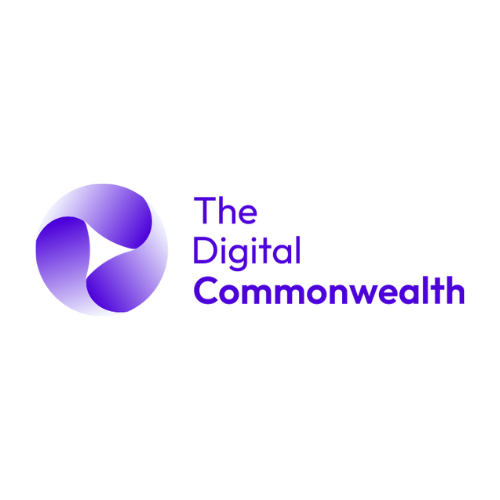In a significant move towards modernising the Russian financial landscape, President Vladimir Putin has underscored the necessity for developing a comprehensive framework for the integration and utilisation of digital assets. Speaking at a recent meeting on economic matters, Putin highlighted the strategic importance of creating favourable conditions to foster the growth of digital assets, including the digital ruble.
President Putin’s remarks come at a critical juncture as digital currencies and blockchain technology gain momentum worldwide. The Russian leader stressed that digital assets hold substantial potential to revolutionise various sectors of the economy. He pointed out that the adoption of digital assets could streamline financial transactions, enhance transparency, and reduce the costs associated with traditional banking and financial services.
Putin’s call to action is rooted in the broader context of global financial trends, where countries are increasingly exploring digital currencies to complement or replace traditional fiat money. By embracing digital assets, Russia aims to position itself at the forefront of this financial evolution, ensuring it remains competitive on the global stage.
A key aspect of Putin’s vision for digital assets involves the establishment of a robust legal and regulatory framework. The President emphasised the importance of developing legislation that not only facilitates the use of digital assets but also ensures their security and compliance with existing financial regulations. This legal framework is essential to mitigate risks such as fraud, money laundering, and cyber threats, which are often associated with digital currencies.
The development of such a framework will require collaboration between various government agencies, financial institutions, and technology providers. Putin’s administration is likely to engage in extensive consultations with stakeholders to draft laws that balance innovation with security and regulatory compliance.
In addition to a legal framework, Putin highlighted the need for comprehensive infrastructure to support the widespread adoption of digital assets. This includes the development of technological platforms that can handle large volumes of digital transactions securely and efficiently. The President pointed out that since July 1, more than 30,000 transactions involving the digital ruble have already been completed, demonstrating the growing acceptance and potential of digital currencies in the Russian economy.
To facilitate this, Russia may invest in state-of-the-art blockchain technology and secure digital wallets. The government might also consider partnerships with private sector companies specialising in fintech to leverage their expertise and accelerate the infrastructure development process.
The adoption of digital assets is expected to have far-reaching implications for the Russian economy. For consumers, it could mean faster and cheaper financial transactions, greater access to financial services, and enhanced security. For businesses, digital assets could simplify cross-border trade, reduce transaction costs, and open up new markets.
Moreover, the move towards digital assets aligns with Russia’s broader economic goals of diversifying its economy and reducing dependency on traditional sectors such as oil and gas. By fostering innovation in the financial sector, Russia aims to stimulate growth in other industries, including technology and e-commerce.
While the potential benefits of digital assets are significant, the transition is not without challenges. One major concern is the cybersecurity risks associated with digital currencies. Protecting digital assets from hacking and cyberattacks will be paramount to ensuring their integrity and trustworthiness. Additionally, there is the challenge of public acceptance and understanding of digital assets. Effective communication and education campaigns will be necessary to build trust and encourage widespread adoption.
Another critical consideration is the international regulatory environment. As digital currencies are inherently global, Russia will need to navigate the complex web of international regulations and standards. Cooperation with other countries and participation in global regulatory initiatives will be crucial to harmonise standards and facilitate cross-border digital transactions.
President Vladimir Putin’s call for the development of a favourable environment for digital assets marks a significant step towards modernising Russia’s financial system. By focusing on creating a robust legal framework, developing necessary infrastructure, and addressing potential challenges, Russia aims to harness the transformative potential of digital assets. As the world moves increasingly towards digital finance, Russia’s proactive approach could position it as a leader in the digital economy, driving innovation and growth in the years to come.
































